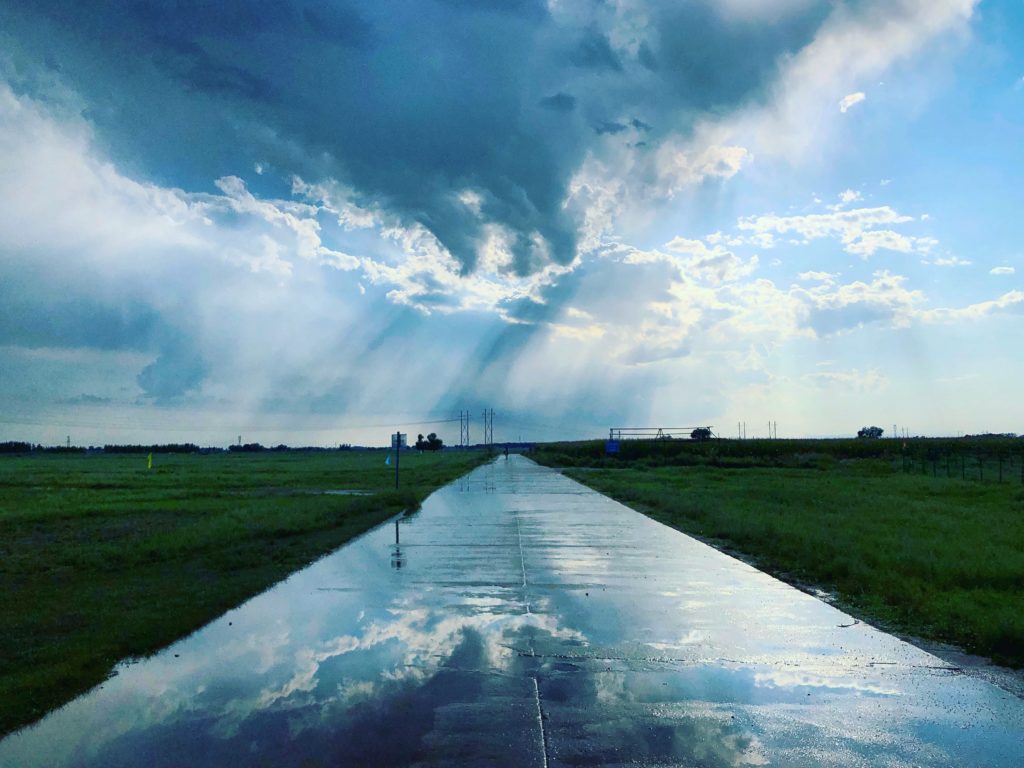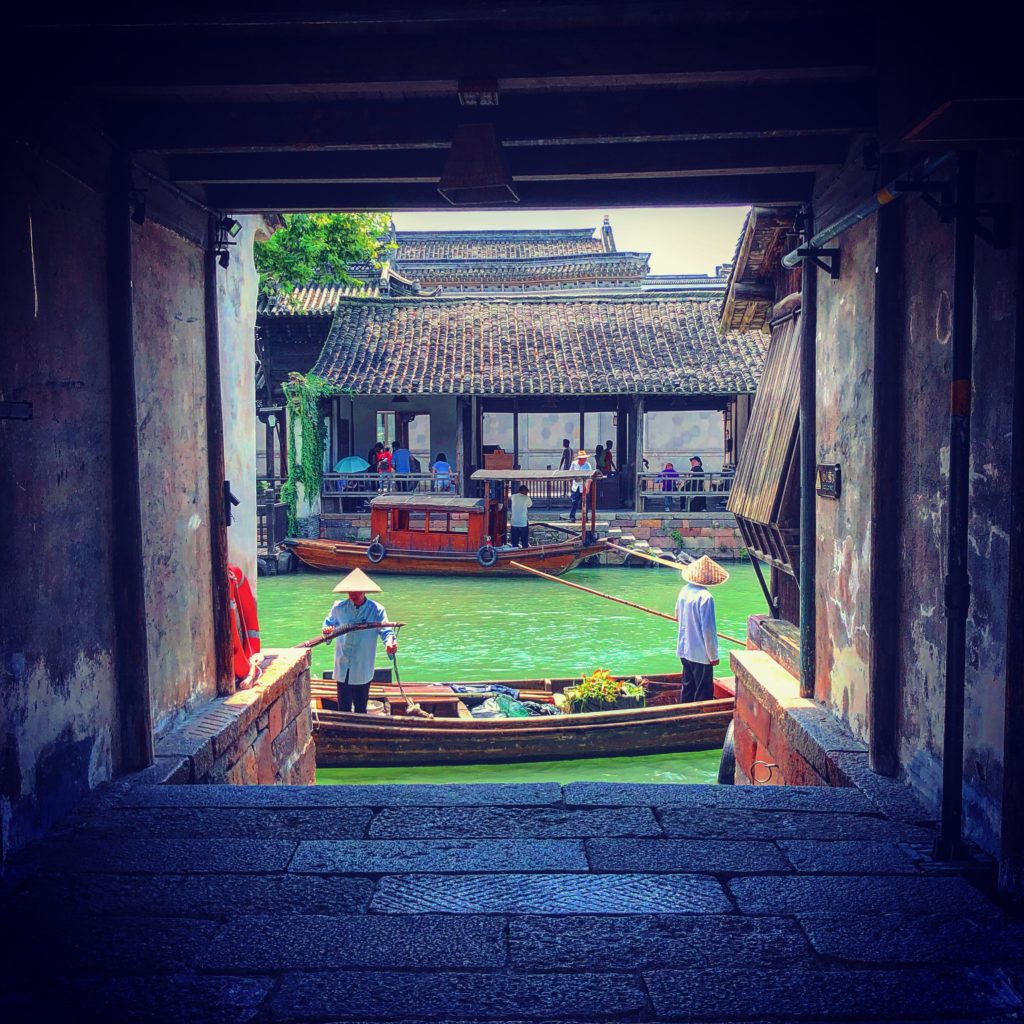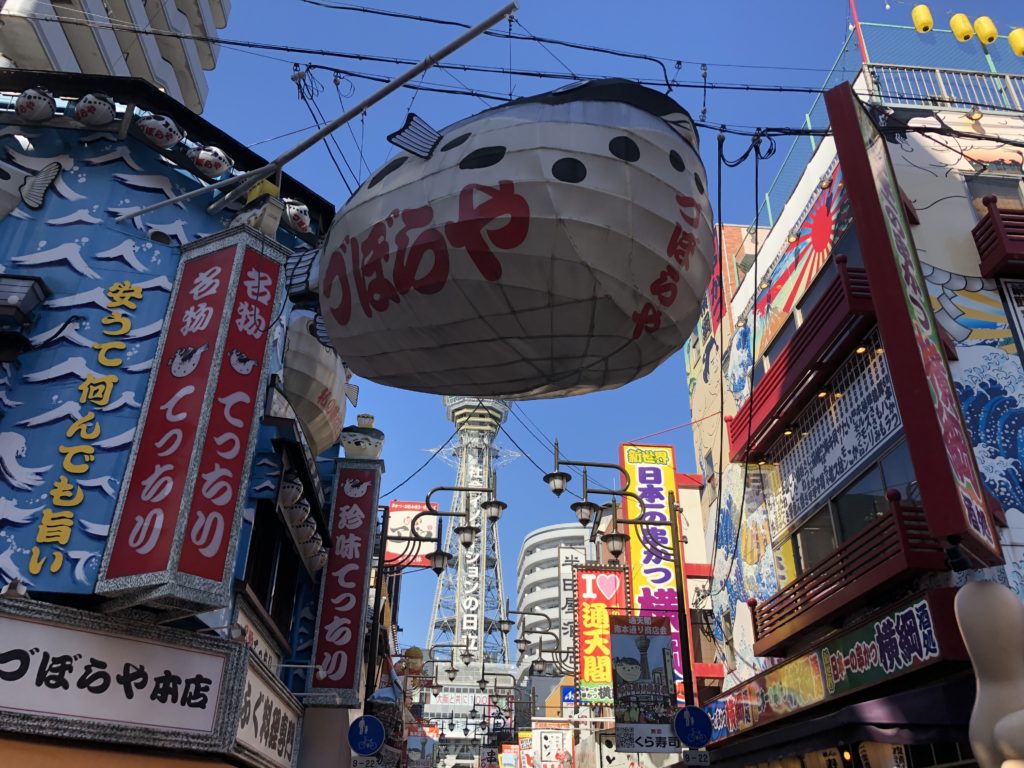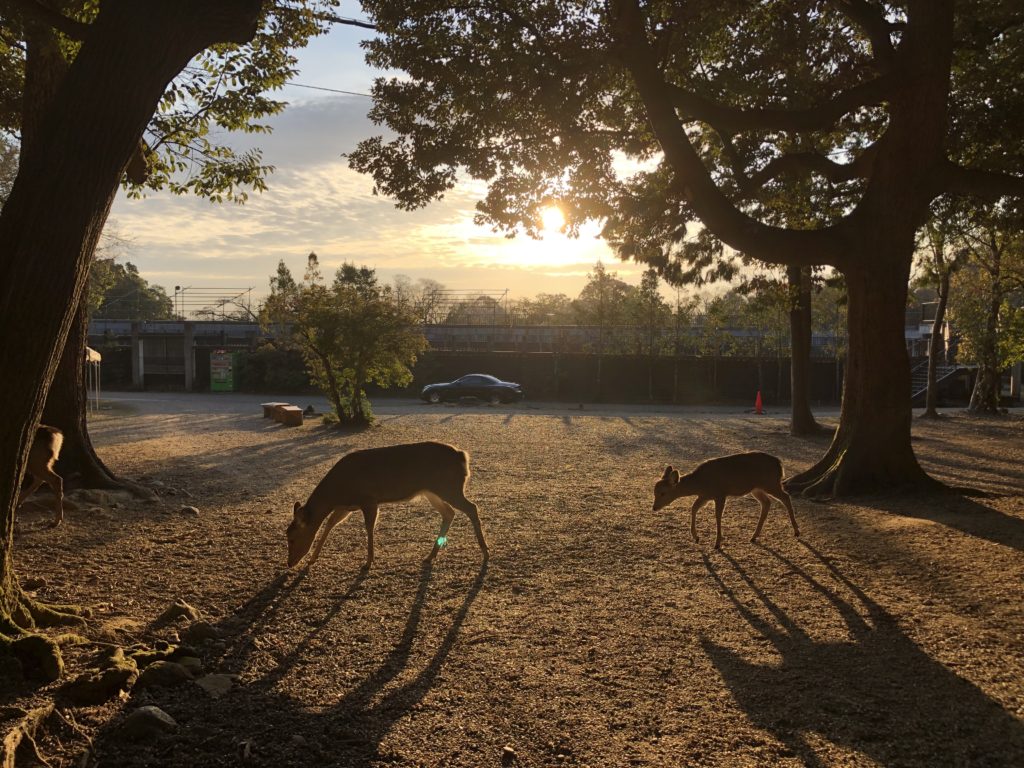经历
与在日本生活的人们对话
Wang-san: “The Japan I’ve made for myself is the place where I’ve begun my second act.”

Wang-san: “The Japan I’ve made for myself is the place where I’ve begun my second act.”
−Studying abroad can give you a bright future. You do it for your future.
Wang-san came to Japan from China in 2001. At that time, there was a kind of boom among her friends for studying abroad.
−Chinese society places a lot of emphasis on academic achievement, so entering university is tough, but studying abroad is considered even more impressive, so if you study abroad and continue on to graduate school, I thought I’d get a job in a good company. Just study abroad, study economics and stuff, and become a director or something. Like, if I’m gonna be involved in economics, learning about economics and studying abroad is probably a good idea.
After studying Japanese intensively in China for three months, I enrolled in a Japanese language school in Japan.
−I was a good student at the Japanese language school. Even without studying too much, I could manage OK. There were people who got better marks than me though. Everyone liked me. Haha. Studying wasn’t so interesting. There were fun teachers though. But gradually the things I couldn’t be bothered with began to pile up, and I started to dislike studying.
Studying is study. Japanese language school was no different to the schools I had been to throughout my childhood.
−Studying Japanese, you’re just sitting there, listening—exactly the same as it was when I was a school kid. Just like math or history or something. How can I put it? Just studying to get knowledge. At the beginner level, you’re just like “Oh, that’s the word.” Everything’s new, so your knowledge is growing straightaway.

When I first came to Japan, I was without my family and old friends.
−I didn’t have much money and I didn’t go out, so after school I would usually just go home and eat a simple dinner with my Chinese roommate or on my own. That was a pretty sad life, but I living with another Chinese person made it feel like a little Chinese bubble.
I was counting down the days until the long vacation when I could go home.
−I wanted to see my parents and my older brother, as well as lots of home cooking. But once I was home, I wasn’t there much. Like, I wanted to see my family, but then my friends were inviting me out, and I was off drinking and stuff. It’d been a while, and it felt good to be back. They wanted to see me, too, which made me happy. But when I look back now, I really regret it. My family must have wanted to see me, as well, so I should have stayed at home more.
My world opened up, and now I really felt like I was studying Japanese in Japan.
−Once I reached the intermediate level, my classes were in the morning, I started a parttime job in the afternoon, and would hang around south Osaka. When my friends from China were in Osaka at the same time, we go and hangout together. Well, it was like I was out there in Japanese society, living my Japanese life. After that, my school studies, yeeaaah, I felt less personally invested in them. They were just something I had to do to get into university, especially because as you move from intermediate to advanced, it’s mostly words you don’t use on a daily basis. Now I think the place where I really learned Japanese was outside of school, while I was living my life.
My grades were good, so I got into a decent university.
−My final class at the Japanese language school was the highest one, and I went to University A, but I think I could have gotten into University B if I’d taken the test. But anyway, I’m glad I went to University A. It was easy to work parttime, too. It was interesting because I could take classes that helped prepare me for the business career I wanted. So, I paid pretty serious attention in class.
I had lots of Chinese friends, but I’m didn’t know if I could call any Japanese people my friends.
−My life at university was alright. Working parttime, going to classes … Now I think about, I had no money but it was fine despite that. I had loads of Chinese friends, but can I say I had Japanese friends?
I had a special phrase that helped me strengthen my relationships with my hard-to-connect-with Japanese classmates.
−When you’re messing around, or you want to say, “No way!” or counter something, if you say “Nande yanen” [“What the hell?” in the Osaka dialect, “Osaka-ben”], you’ll feel an instant connection, and you’ll sense something shift in them, too. I can remember the way people laughed the first time I said it, and the relief I felt. People who joke around a lot are always saying it. So, from that moment [using that phrase], I felt I got closer with everyone, and we began to talk more together.

It’s true—when you’re talking with locals, it’s best to use the local lingo.
−If someone replies to me, “Nande yanen” [“What the hell?” in the Osaka dialect, “Osaka-ben”], I’ll put some emotion in my reply easily by saying “Chauwa!” [“I didn’t mean that!”]. I was intrigued by Osaka-ben. It seemed like I could participate in a lot more interesting conversation. It’s true that for locals, if you don’t speak Osaka-ben, they won’t be able to understand what you want to say.
Looking back, as a foreigner, people will only go out of their way for you at the beginning.
−Back in my uni days, as an international student, I got used to them, but hated the predictable personal questions you would get. I didn’t know what to say, but by listening to what others said, I could pick up some common topics and phrases. As a foreign person, at first you get lots of questions, but later no one will ask you anything, because your novelty wears off. So you need to find common topics in order to chat. Each group has its preferred topics and ways of talking, and you unconsciously become sensitive to these. This becomes like the grease that makes your interactions smooth and helps you to become friendly. During university, I wanted to become a university student just like the others, and now I work, I want to be recognized as a business person, so I have to do what needs to done without complaining.
I’ve never really had any difficulties with Japanese, aside from the fact I’m not very good at talking on the phone.
−I hate making enquiries on the phone—or at least I’m not very good at it. I guess on the phone, once they figure out you’re foreign, they won’t take you seriously anymore. I’m fine in person, when you have the documents and you can see the other person, but I’m not good on the phone.
I was often helped by my Japanese “big brother”.
−When I really have to make an enquiry, I’ll ask my “big brother”. Once he asked me, why I was asking him when my Japanese was clearly good enough. “Why don’t you give it a go yourself?” But at first, I asked him to call and I listened to the way he did it and tried to remember it. At some point, he told me to do it myself, and he stood by my side and listened while I made the call. We did that many times, and gradually I became able to do it myself. After hanging up, I’d ask what he thought. What I had planned to say was this, but if I got stuck I would look at his face and check whether my Japanese was making sense.
I’ve found ways to turn my “weaknesses” as a non-Japanese person into strengths.
−But now I can do it no problem. I’m really good at it. I guess you could say I’m sneaky. Ha ha ha! Now I act like I don’t know something because I’m a foreigner. Or when I’m really bad, I’ll pretend I don’t know any Japanese, using the fact I’m a foreigner to my advantage. So, recently I’ve even been helping out my “big brother” (when he has to negotiate something), as he sucks at that. Ha ha ha. I’m not scared now.
Even now, people tell me my Japanese is really good, which tells me that I’m still not accepted.
−When people tell me my Japanese is really good, I think, “Ah, I’m still not there yet.” Like, I’m living my life in Japanese, but I’m yet to be accepted. I’ve already finished studying—I’m living my life as part of Japanese society. But when I hear “… really good”, it makes me feel like I’m on the outside of that society.
So, more than wanting to be wanting to be accepted, it’s more important to me that I keep trying to improve on what I’m capable of in Japan.
−But change doesn’t come quickly. You make progress by trying new things in Japanese, one after another, and gradually I’ve worked my way into society. When I was studying at the language school, I only had a slim sense of being part of Japanese society, but through my parttime job, and then going to university, I started to learn Japanese while also living my life within the society. It’s like I said before, it’s important to just have a go at the things you want to do, and you’ll eventually become able to do them.

After I finished graduate school, I got a job in a big corporation, which meant leaving Osaka—a city I’d got used to living in.
−After graduate school, I entered a large company and left Osaka, consoling myself by thinking of it as good for my future. I don’t know how to put it, but gradually things got hard for me. Like, I didn’t really get on with the people I met where I was sent. I don’t know if they were cold, or perhaps just not nice. It just seemed like they only thought about themselves. People in Osaka are really kind. They just give you a warm feeling.
I went into job hunting thinking about myself, but I couldn’t be satisfied only doing it for myself.
−I owe a lot to my “big brother” and his family for the time I was in Osaka, and I still remember them coming to see me off on the morning I left. But after I left Osaka, a lot of things got tough for them, and I was concerned about them. If there was something I could do, I wanted to help them. When I was talking with my parents on Skype, my mom could see that something was up. She was asking me what was up, advising me to quit if I wasn’t happy, quit and move back to Osaka. My friends also told me that if I was having such a hard time, I should come back to Osaka and find a job there. I started to agree with them.

I worried a lot when I compared myself to my old friends back home in China—like, what the hell am I doing with my life?
−They’re all working, becoming managers. They have nice houses, a car. It’s pretty impressive. When I met them, they’d take me out and treat me to a fancy meal. Some of them are married, too, which is really great. Unbelievably rich. When I saw that, I wondered what the hell I’m doing here.
I couldn’t get anything valuable from it, I was just used because I was Chinese.
−It can be nice to go on business trips to China and such, but in the Japanese company I was just used as because I was Chinese, and if I work for a Chinese company, they’ll have more power over there, and look down on the Japanese branch and I’d end up being exploited. I thought about going back to China. I really didn’t know what to do. Like, what am I doing here? I want to get married, make a family, ease my parents’ concerns and look after them. Until I go home, I’d like them to come and visit, but I don’t think it’s possible under the current circumstances. I can go home at any time, and if I got home now, what would I do? I’d have to start all over again.
I thought about starting my own company, but really, it’s a foreign country for me, so it’s not an environment in which I can do that easily. 。
−I thought I’d start my own company—sink or swim. So I did quite a bit of groundwork, talking with friends who started their own companies, going to seminars for entrepreneurs … But as well as the issue of money, I also ran into the problem of my visa.
I don’t know how to achieve what I want without throwing away the Chinese part of who I am.
−I had considered naturalization, as I wouldn’t need to think about my visa as a naturalized Japanese citizen. After all, I don’t hate living here. But I’m Chinese, and my family live there, and visiting them would become more inconvenient. So, yeah, if I want to start my own business, I realized I couldn’t do it without getting my permanent residency.
I got my permanent residency and started my own business, but then I started to worry about the future.
−I got my permanent residency, and today I run my own business. I lived half of my life in Osaka now! Of course, I have a home in China, but once I land in Japan, I realize my home is in Osaka. It’s a different feeling to when I came to Japan when I was younger. If I went home, I’d want to return to my hometown, not Shanghai or Beijing, and Osaka is my hometown in Japan. But if I stay longer in Japan, maybe my feelings will change even more.

Now I’m married with kids, a family. This is the family I’ve made.
−Yeah, this is my home. It’s my life, but I’m not just living it for myself. I’m living it for my family, my kids, my Osaka family who have looked after me all this time. I was able to start my own business, the things I’ve accomplished are here, and the things I’m going to accomplish will be here, so I became a naturalized citizen. This is the path I’ve chosen, so I have to walk it. That’s a nice phrase, right? I saw it hanging in an izakaya toilet. It’s kind of true.
(END)
